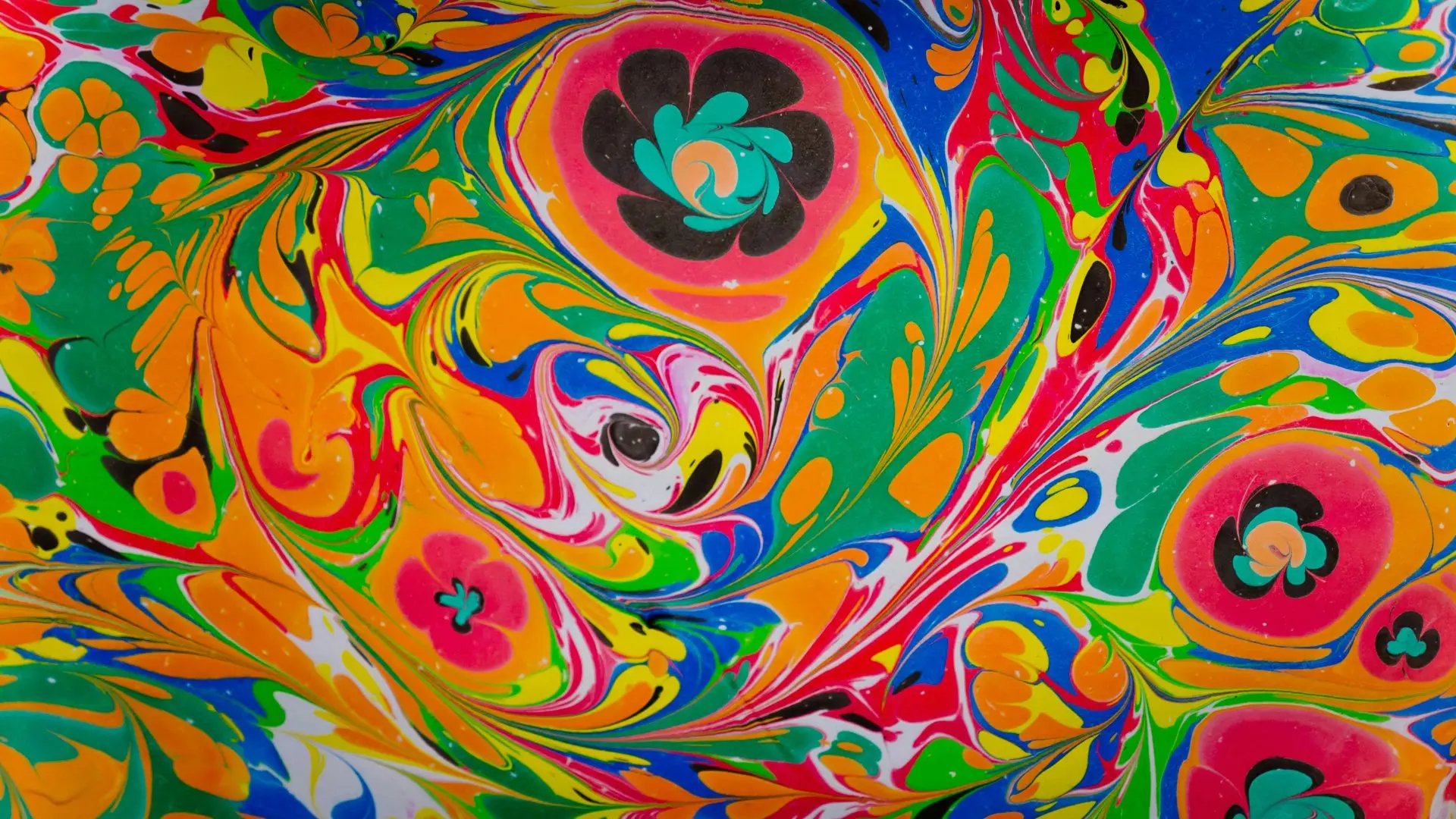Exploring Alchemy in Different Cultures

Looking for more amazing products? Check out our online store and explore our collection here! Happy shopping!
Before diving in, please note: This post is for informational purposes only. If you’d like to know more about how we approach topics, feel free to check out our friendly Disclaimer Page.
Hey there, amazing readers! 
We’re committed to delivering quality posts, and your support (even just sticking around despite the ads) means everything to us. So, bear with us, and thanks for helping us keep the good vibes rolling. Now, on to the fun stuff!
TRANSLATE BUTTON AT THE END OF THE ARTICLE
Introduction to Alchemy
Alchemy, often shrouded in mystery and mystique, has captivated human imagination for centuries.
This ancient philosophical and proto-scientific tradition seeks to transform base metals into noble ones, create the philosopher’s stone, and unlock the elixir of life.
Alchemy is not merely a quest for material wealth but a spiritual journey towards enlightenment and self-transformation.
Though often associated with Western traditions, alchemy has deep roots in various cultures worldwide, each offering a unique perspective on this esoteric practice.
Let’s delve into the diverse manifestations of alchemy in different cultures and explore how this mystical art has shaped societies throughout history.
Origins of Alchemy
The origins of alchemy can be traced back to ancient civilizations such as Egypt, China, and India, where early practitioners sought to unravel the mysteries of the natural world.
Alchemy emerged as a blend of mysticism, philosophy, and proto-science, with alchemists believing that by manipulating physical substances, they could also transform the soul.
This holistic approach to knowledge laid the foundation for the diverse alchemical traditions that would develop across the globe.
Alchemical Practices in Ancient Egypt
In Ancient Egypt, alchemy was closely intertwined with religious beliefs and ritual practices.
The Egyptian alchemists, known as the "chemists," believed that the transformation of metals mirrored the spiritual transformation of the soul.
They worked with a wide array of substances, such as gold, silver, and mercury, in their quest for immortality and spiritual enlightenment.
The famous Emerald Tablet, attributed to the mythical figure Hermes Trismegistus, is said to contain the secrets of Egyptian alchemy, emphasizing the unity of the material and spiritual realms.
Alchemy in Chinese Culture
Chinese alchemy, known as "Dan Xiu," has a rich and complex history dating back thousands of years.
Unlike Western alchemy, which focused on transmuting base metals into gold, Chinese alchemy was more concerned with achieving immortality and inner alchemy.
Practitioners sought to balance the energies of yin and yang within the body through the consumption of elixirs and the practice of qigong.
Chinese alchemy also incorporated elements of Taoist philosophy, emphasizing harmony with nature and the interconnectedness of all things.
Greco-Roman Alchemical Traditions
The Greco-Roman alchemical traditions emerged during the Hellenistic period and were heavily influenced by Egyptian and Mesopotamian practices.
Scholars such as Zosimos of Panopolis and Cleopatra the Alchemist made significant contributions to alchemy, introducing concepts such as distillation, sublimation, and the four elements.
Greco-Roman alchemists believed in the transmutation of metals and the purification of the soul through the Magnum Opus, or Great Work.
Their writings laid the groundwork for the alchemical principles that would later spread throughout Europe and the Middle East.
Islamic Influence on Alchemy
During the Islamic Golden Age, alchemy flourished in the Arab world, with scholars such as Jabir ibn Hayyan, known as Geber in the West, making groundbreaking discoveries in chemistry and metallurgy.
Islamic alchemists played a crucial role in preserving and translating ancient Greek texts, blending Hellenistic, Persian, and Indian alchemical traditions into a cohesive system.
They developed sophisticated lab equipment, such as alembics and retorts, and made significant advancements in distillation and the purification of substances.
Islamic alchemy laid the foundation for the later alchemical practices in medieval Europe.
Alchemy in Medieval Europe
In medieval Europe, alchemy reached its peak as a secretive and esoteric practice embraced by scholars, philosophers, and alchemists seeking to unlock the secrets of the universe.
Alchemists such as Paracelsus, Albertus Magnus, and Roger Bacon conducted experiments in laboratories, attempting to transmute base metals into gold and create the Philosopher’s Stone.
Alchemy was closely tied to Christian mysticism and the quest for spiritual purification, with many alchemists believing that the Magnum Opus was not only a physical process but also a metaphor for the transformation of the soul.
Renaissance Alchemy
The Renaissance period witnessed a resurgence of interest in alchemy, as scholars and artists sought to reconcile the spiritual and material aspects of existence.
Figures like Isaac Newton and John Dee were avid alchemists, conducting experiments and studying ancient texts in pursuit of hidden knowledge.
Alchemical symbolism began to appear in art, literature, and architecture, reflecting the blending of science and spirituality that defined the era.
The Renaissance alchemists viewed the Great Work as a means of understanding the interconnectedness of the cosmos and achieving personal enlightenment.
Alchemy in Indian Philosophy
In Indian philosophy, alchemy is known as "Rasa Shastra" or the science of mercury.
Ancient texts such as the Rasaratnakara and the Charaka Samhita contain detailed instructions on the preparation of metallic compounds and elixirs for healing and spiritual transformation.
Indian alchemists sought to balance the energies of the body through the use of alchemical medicines and practices such as yoga and meditation.
Alchemy was seen as a sacred science that integrated the physical, mental, and spiritual aspects of human existence, aiming to promote health, longevity, and enlightenment.
Alchemical Practices in Native American Cultures
Native American cultures also have rich traditions of alchemy, rooted in the belief that all living beings are interconnected and possess inherent spiritual qualities.
Indigenous alchemists worked with plants, minerals, and animal spirits to create medicinal remedies, spiritual potions, and ceremonial objects.
For example, the Navajo people use sacred herbs such as sage and cedar in purification rituals, while the Aztecs brewed cacao elixirs for spiritual ceremonies.
Native American alchemy emphasizes the importance of harmony with nature and the healing power of the natural world.
Modern Interpretations of Alchemy
In modern times, alchemy has experienced a resurgence of interest as people seek to reconnect with ancient wisdom and explore new avenues of self-discovery.
Contemporary alchemists draw inspiration from diverse traditions, blending scientific knowledge with spiritual practices to create a holistic approach to personal growth and transformation.
The principles of alchemy, such as transmutation, purification, and the union of opposites, continue to resonate with individuals searching for meaning and purpose in a rapidly changing world.
As technology advances and society evolves, alchemy remains a symbol of the eternal quest for knowledge, wisdom, and enlightenment.
Conclusion: Alchemy’s Global Impact
Alchemy, with its roots in diverse cultures and traditions, has had a profound impact on human history, shaping the development of science, philosophy, and spirituality.
From the ancient civilizations of Egypt and China to the medieval courts of Europe and the Islamic Golden Age, alchemy has been a source of inspiration and innovation for countless generations.
Its timeless principles of transformation, unity, and balance continue to resonate with modern seekers of knowledge and truth.
As we navigate the complexities of the modern world, the wisdom of alchemy reminds us that true enlightenment comes not from external riches but from the alchemical transformation of the self.
Through exploring the rich tapestry of alchemical traditions, we can unlock the secrets of the universe and uncover the hidden truths that lie within us all.

The Enlightenment Journey is a remarkable collection of writings authored by a distinguished group of experts in the fields of spirituality, new age, and esoteric knowledge.
This anthology features a diverse assembly of well-experienced authors who bring their profound insights and credible perspectives to the forefront.
Each contributor possesses a wealth of knowledge and wisdom, making them authorities in their respective domains.
Together, they offer readers a transformative journey into the realms of spiritual growth, self-discovery, and esoteric enlightenment.
The Enlightenment Journey is a testament to the collective expertise of these luminaries, providing readers with a rich tapestry of ideas and information to illuminate their spiritual path.
Our Diverse Expertise
While our primary focus is on spirituality and esotericism, we are equally passionate about exploring a wide range of other topics and niches 

To ensure we provide the most accurate and valuable insights, we collaborate with trusted experts in their respective domains 
Our blog originally focused on spirituality and metaphysics, but we’ve since expanded to cover a wide range of niches. Don’t worry—we continue to publish a lot of articles on spirituality! Frequently visit our blog to explore our diverse content and stay tuned for more insightful reads.
Hey there, amazing reader! 
Check out our store here and take a peek at some of our featured products below! Thanks for being awesome!











